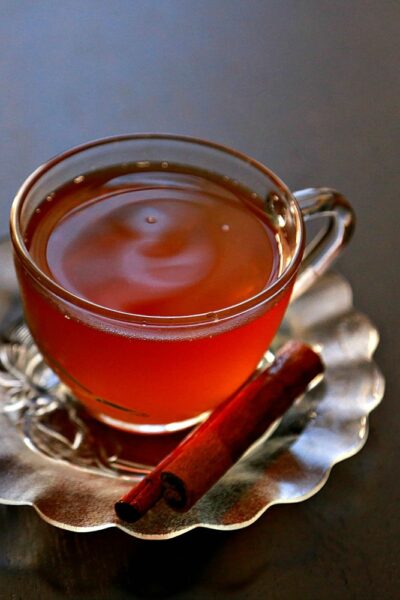In the last post I talked about how tea is good for you. Today I’ll explain other “Important to know” tea facts.

You know what makes me love tea beside all the nutritional benefits? These fancy tea parties! Even though I have never been invited to one of these! But now you know! So I’ll be checking my mail box! I may even throw one, because why not? I think first I need to find mates that share with me the love for tea, and adore tea parties.
Also you can check my tea time board on Pinterest for more inspirations, and tea cup collection. I’ve always loved collecting tea mugs even now I’m ashamed to confess that I broke many of them in the past, but from now on I will start my collection! I don’t like cups and saucers, it’s a bit annoying I prefer mugs, it makes me feel loved and taken care of!
Now it’s time for science!
Key tea facts :
Is decaffeinated tea a healthier option?
The extracting method of caffeine affect the amount of polyphenols which is antioxidants in black and green tea. The method for extracting the caffeine in tea is very similar to what happened coffee that I discussed here .Remember, you should be aware that decaffeinated tea may have traces of caffeine, so if you are sensitive to it, it’s better if you give herbal teas a try.
Tea and pesticides
I cannot deny that pesticides have a negative effects on human health and the environment. And because they are not all equal. We cannot just generalize that anything has pesticides in it would be harmful including tea. According to the Journal of agriculture and food chemistry 13 of pesticides were tested, most of them were not water soluble, which means it won’t transfer from leaves to the water of your tea cup. But they found also that the more boiling time (extended brewing time) the more pesticides residues you will get. The human body can handle toxins, that’s what’s the liver for. But it’s better not to overload the liver. If you can afford organic tea that may be a good option for you, even some sources examine some organic teas and they still have natural pesticides which may also carcinogenic, so please don’t be paranoid, tea benefits are much more than the harm of pesticides.
Tea and Dehydration
According to the British journal of nutrition Tea is not different from water in maintaining hydration, which means it won’t cause dehydration. Other studies suggests that tea may cause dehydration if the caffeine content is more than 250 mg.
Tea and Beauty
Tea has many uses that can enhance beauty, from looking younger to have fresh glowy skin, I’ll mention some of them:
Enhance hair growth. Polyphenols and other compounds EGCG (type of antioxidant) in green tea proven to promote hair growth.
Reduces puffy eyes and dark under-eye circles. Both caffeine and tannic acid in tea bags helps shrink blood vessels, which helps reduce puffy eyes, also eliminate the darkness. You should use tea bags while they are cold but still damp. Lay down and leave tea bags on your eyes for 10-15 minutes to get the maximum results. Here is a good article how tannic acid works
Tea tree oil can reduce acne: Tea tree oil are powerhouse for beauty uses, you can find it in shampoos and other cosmetic products, most of the claimed beauty are not proved yet, if you want to take a supplement or use a concentrated oil, you should consult a dermatologist or other speculate doctors.
It’s great if you can add black tea and green tea to you diet, always look for unsweetened and unflavored tea, and remember less brewing time means less caffeine. And just want to note a Caution: Green tea and black tea may affect the folate absorption in pregnant women.
Is there anything else you want to know about tea facts? Please share your comments and thoughts in the comment section below!
Dehydration
Tea don’t cause dehydration
Avoid sweetened version tea whether its iced or hot
Always look for unsweetened and unflavored ready to drink tea, it has flavors and sweeteners.
– See more at: http://www.nutrizonia.com/?p=1074&preview=true#sthash.Y51e2ylp.dpuf





